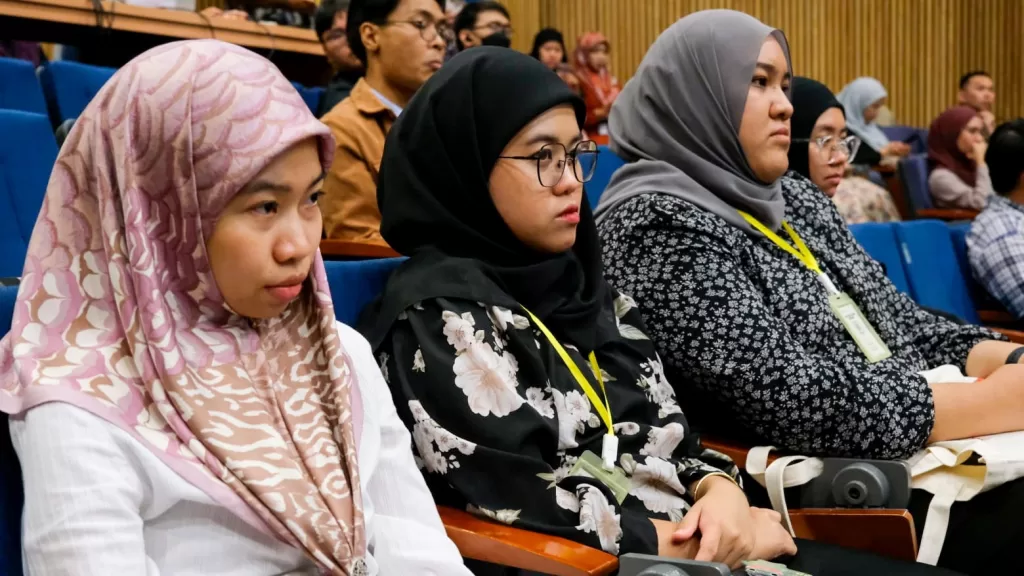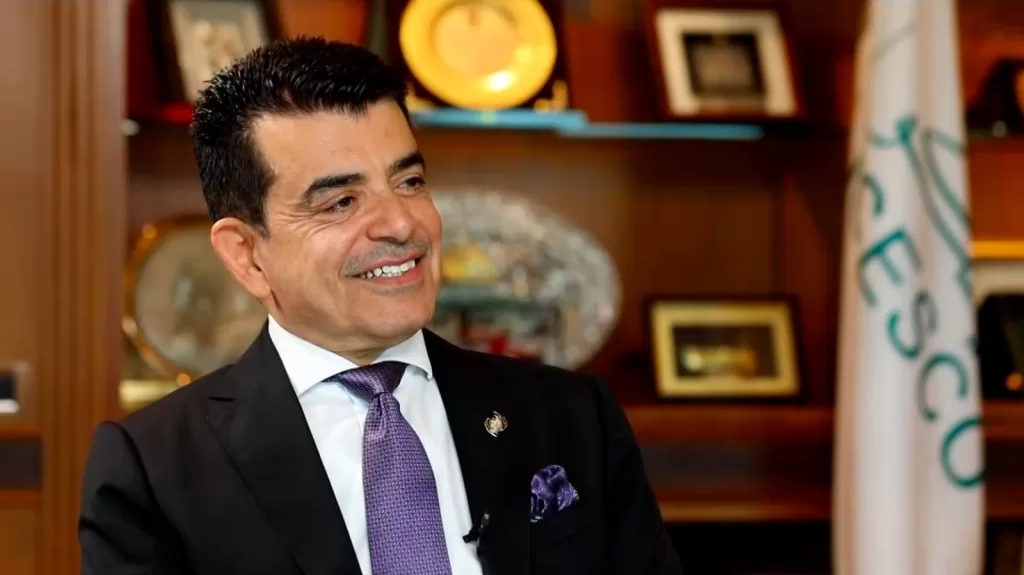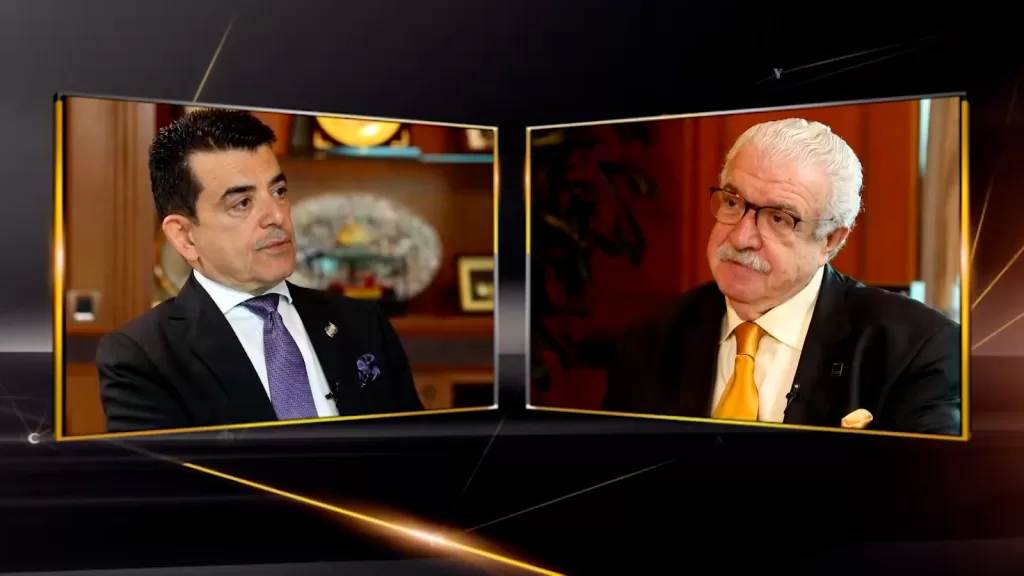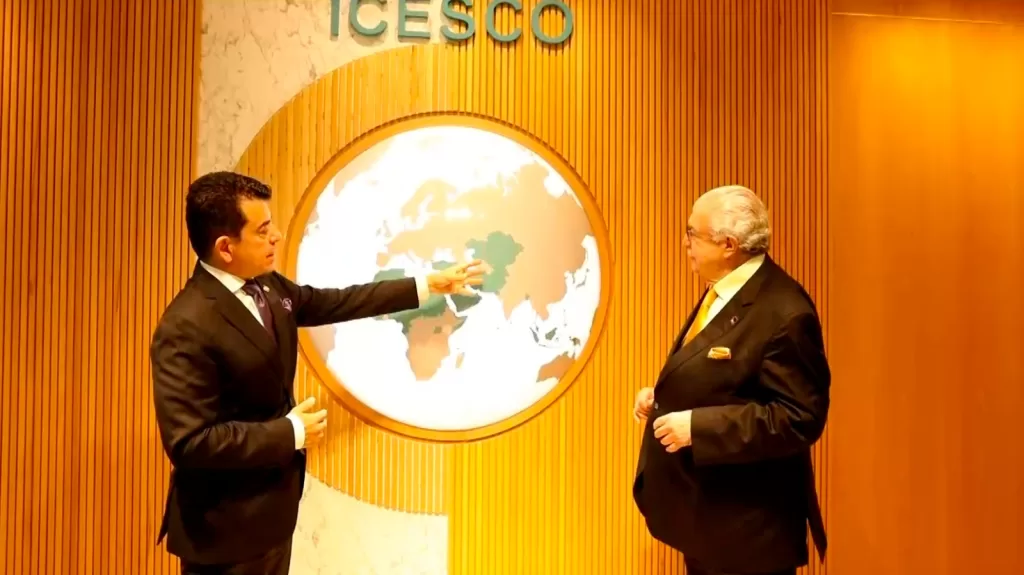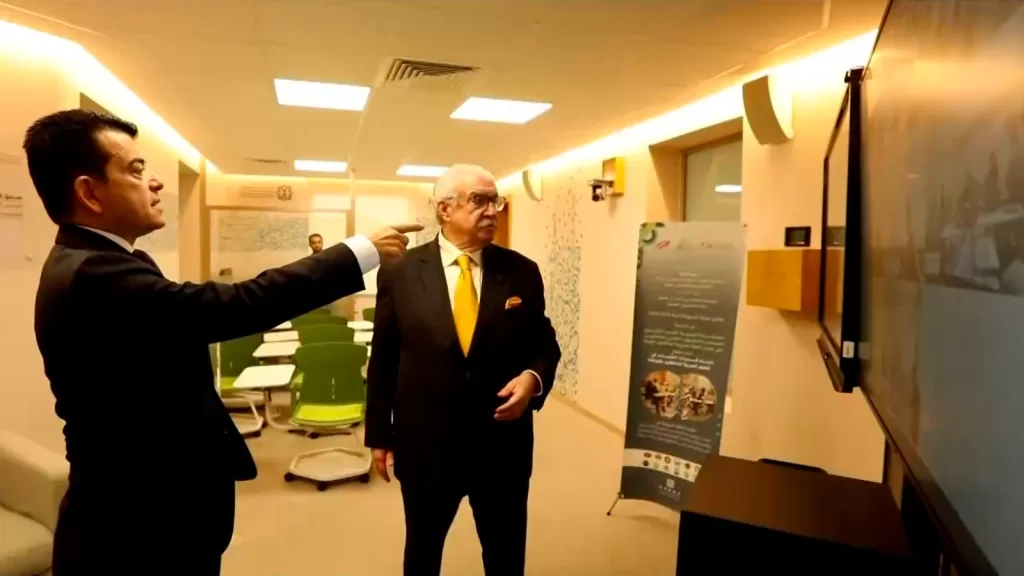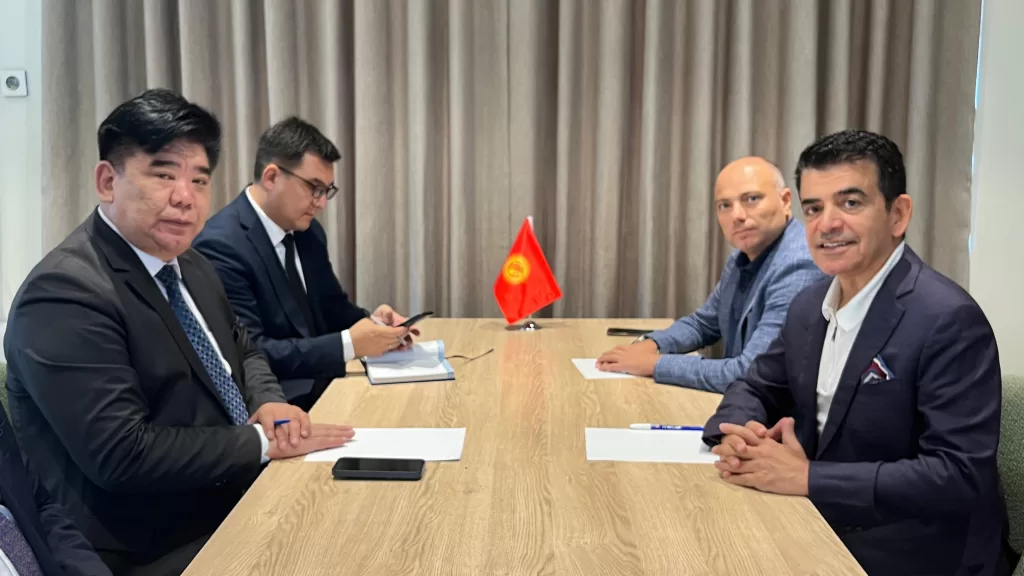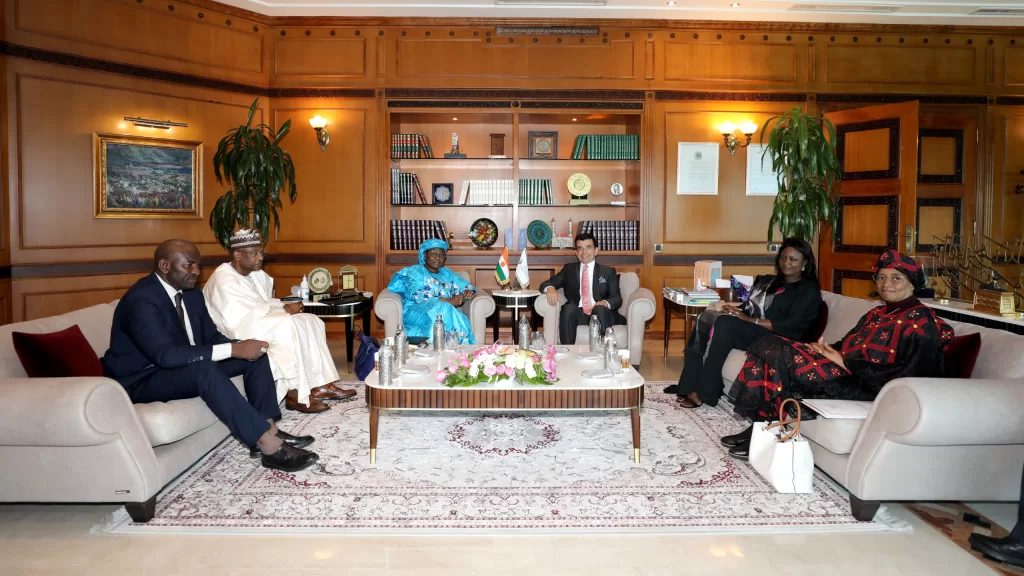The Science and Environment Sector of the Islamic World Educational, Scientific and Cultural Organization (ICESCO) held a Capacity Building Workshop in Low-Code and No-Code Technology. The Workshop was organized in collaboration with ICESCO National Commission in Brunei Darussalam and Universiti Teknologi Brunei, and was held in Bandar Seri Begawan, the capital of Brunei Darussalam.
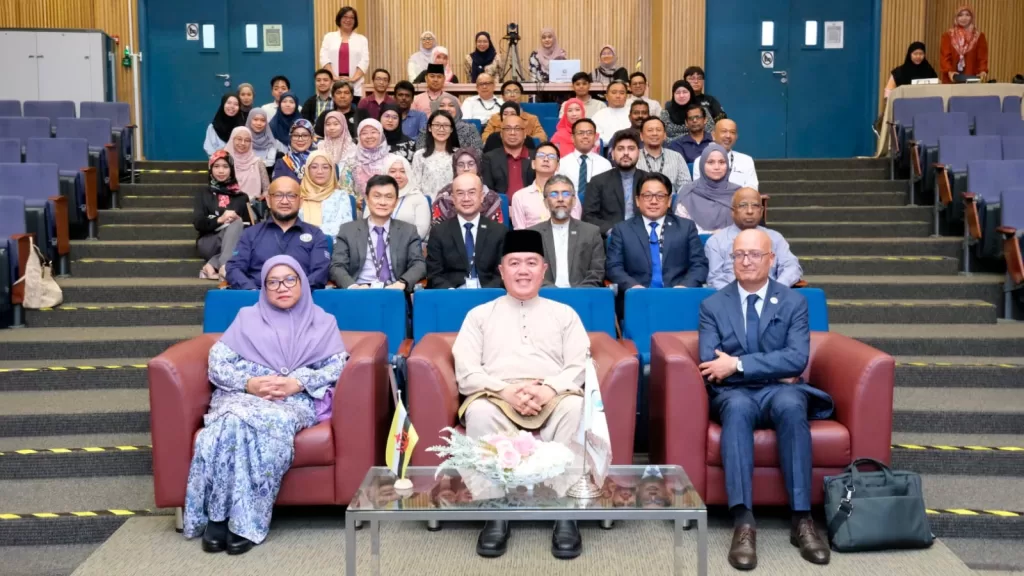
The three-day workshop, which concluded on Wednesday, July 31, 2024, aimed to enhance the capacities of youth in the Islamic world by bridging the digital divide and equipping them with essential tools for success and advancement in future careers. This would be achieved through intensive practical training, interactive workshops, and the sharing of expertise, all of which would help the participants develop their skills in developing digital applications, prototyping software, and innovatively and effectively solving problems.
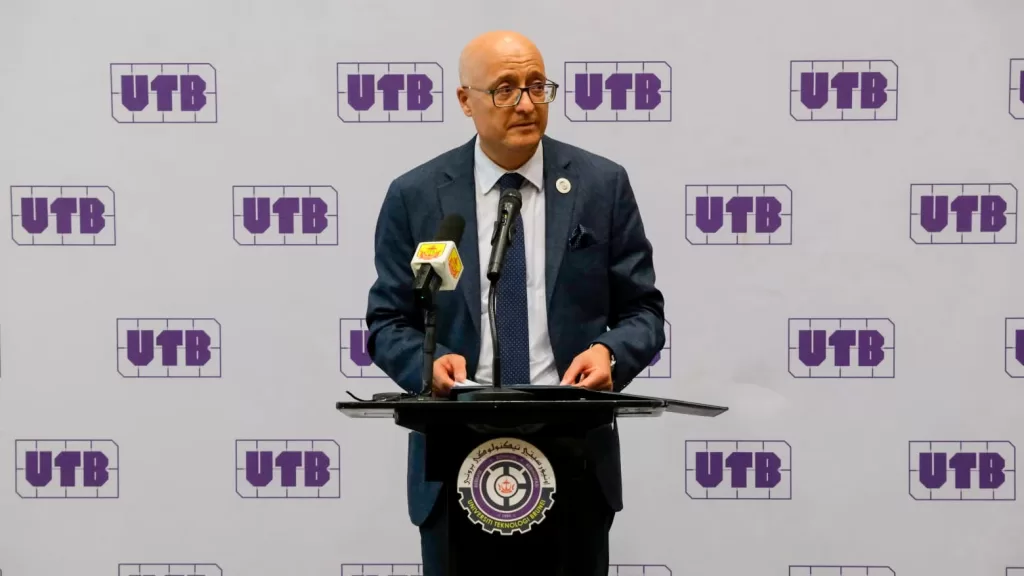
In his opening remarks, Dr. Adel Smeda, expert in ICESCO’s Science and Technology Sector, highlighted the importance of the Organization’s program on “Low-Code and No-Code”. Dr. Smeda emphasized the program’s primary goal of equipping youth in the Islamic world with essential digital skills to leverage modern technology in promoting social and economic growth within communities. Dr. Smeda affirmed that ICESCO recognizes the crucial role of youth in building a better future and is committed to developing their capacities and enhancing their contributions to the digital economy.
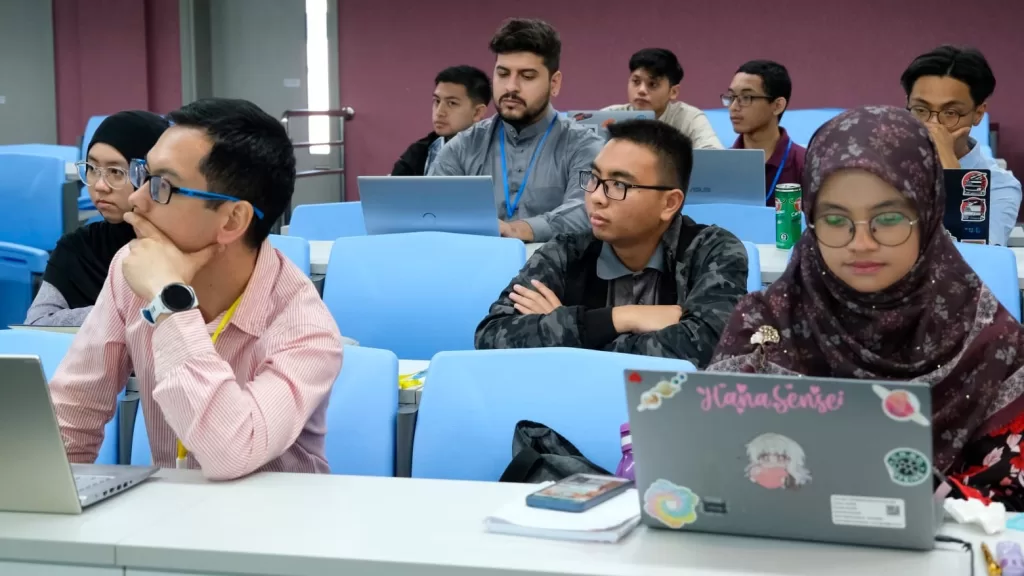
For his part, Dr. Haji Azman bin Ahmad, Permanent Secretary for Higher Education at the Ministry of Education, Secretary-General of ICESCO National Commission in Brunei Darussalam, praised the Organization’s efforts to create a diverse and inclusive environment that welcomes creative thinking and promotes teamwork.
